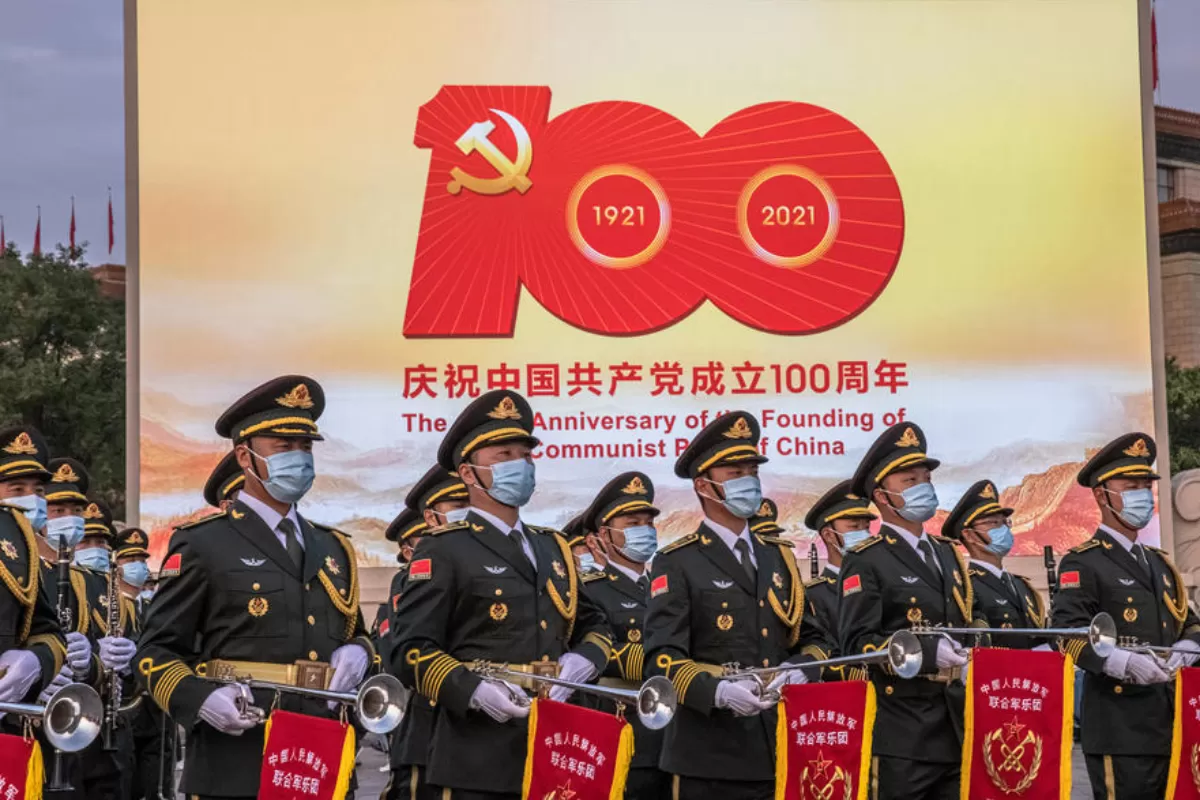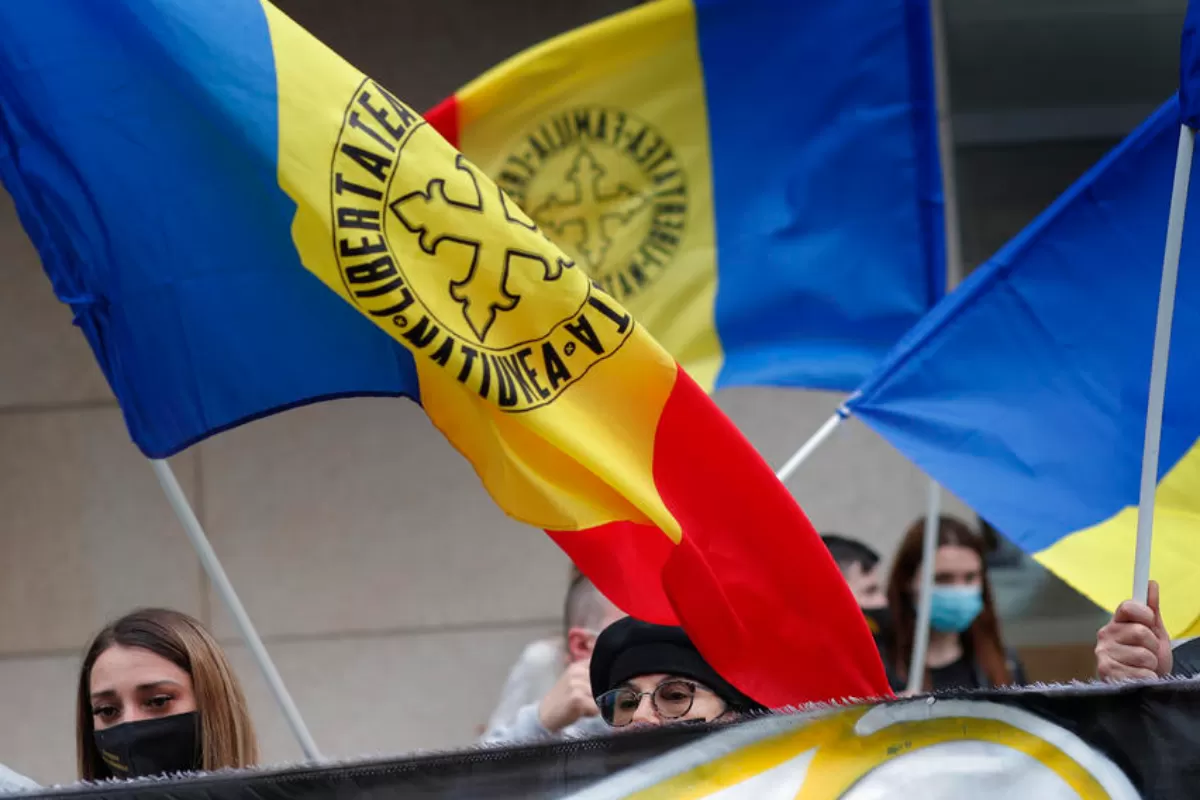

Politicians in Chisinau are trying to get some extra political capital at home by flaunting their connections to politicians in Romania. However, a few protocol statements and "family" photos do not guarantee Bucharest’s influence in Moldova.

In 2021, China says it has achieved the centennial goals announced by Xi when it took power nearly ten years ago: eradicating poverty; implementing a sovereign type of domesticated internet, used for social regimentation; the space program; strengthening the role of party offices in the economy, including in European multinationals; re-ideologizing education and consolidating a kind of nationalist Maoism; eliminating democracy in Hong Kong. The paradox is that the more triumphalist it becomes at home, reporting to the people one success after another, the less powerful the image of the state-party based in Beijing gets at global level.

Along with Poland, Romania has always been the most skeptical-of-Russia country in Eastern Europe. This does not mean that the Russian influence is not felt in this country as well.

Facing logistics-related problems back at home and a limited capacity for the development of the Sputnik V vaccine, Russia plays a bluff game in Europe, pretending to be waiting for the European Medicines Agency (EMA) to greenlight the Sputnik serum in order to fill the vacuum in the EU’s supply chain.

The most effective type of Chinese overseas propaganda is not the one Beijing has carefully planned, but that which appears spontaneously when a distant civilization speaking a language few European understand comes into contact with Europe’s tendency to create mythologies about “the Orient”. In other words, it’s a byproduct of “Orientalism”. Present-day China has replaced 1970s Japan as “the country that does things differently” and is about to outshine the old democracies.

With only 20-30% of the population determined to get vaccinated against Covid at first call, Romania is at the bottom of the ranking, alongside France, a vaccine-skeptical country by tradition (and proud of it). We are tempted to blame domestic and foreign propaganda, the influence of the church or the manipulation of political leaders with personal agendas. But we too easily ignore the structural conditions that make us vulnerable not only to anti-vaccination campaigns, but in general to the understanding of a growing number of complicated phenomena, which, because of modernity and the Internet, come upon us in real time, leaving us no space to breathe.